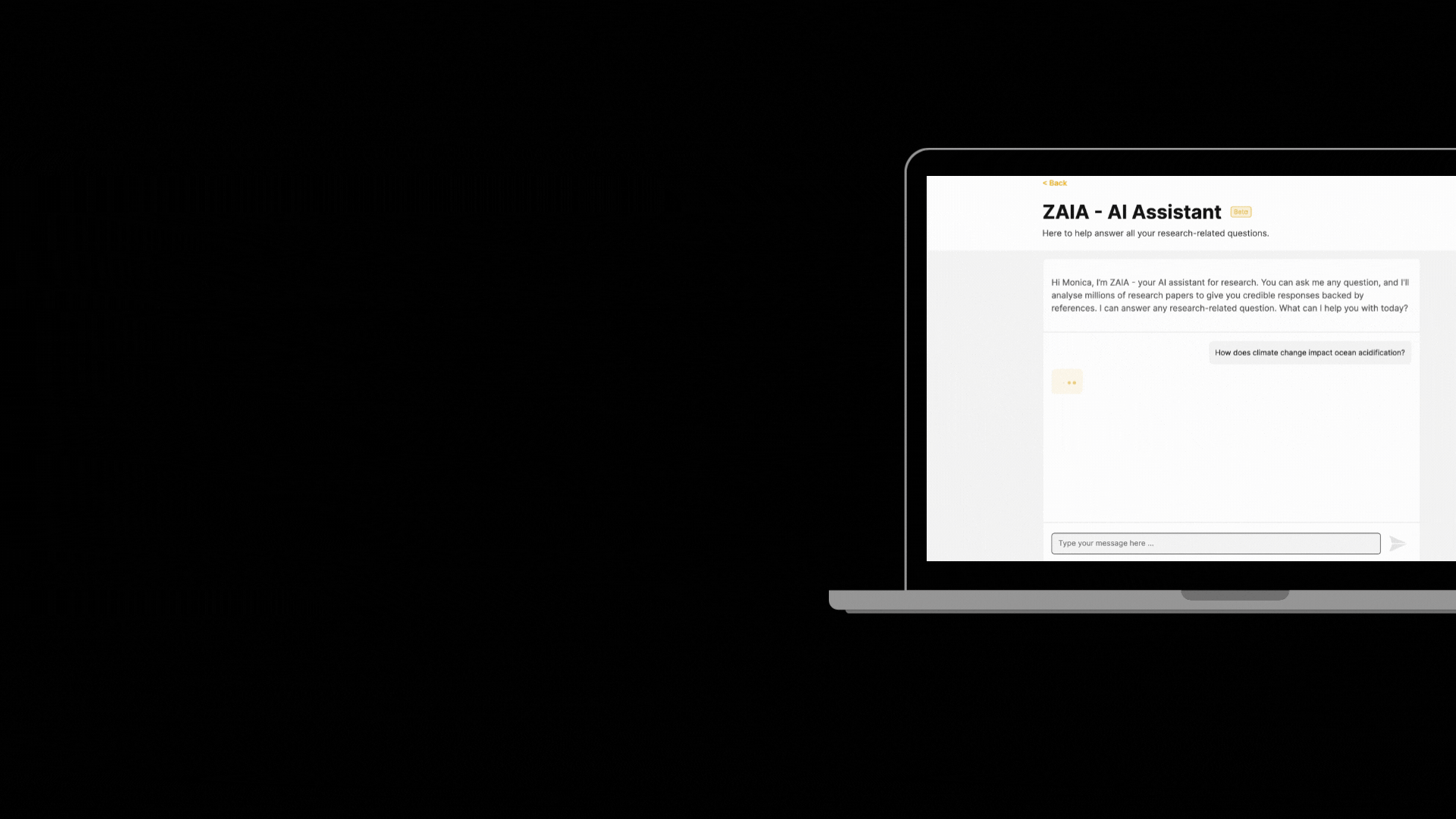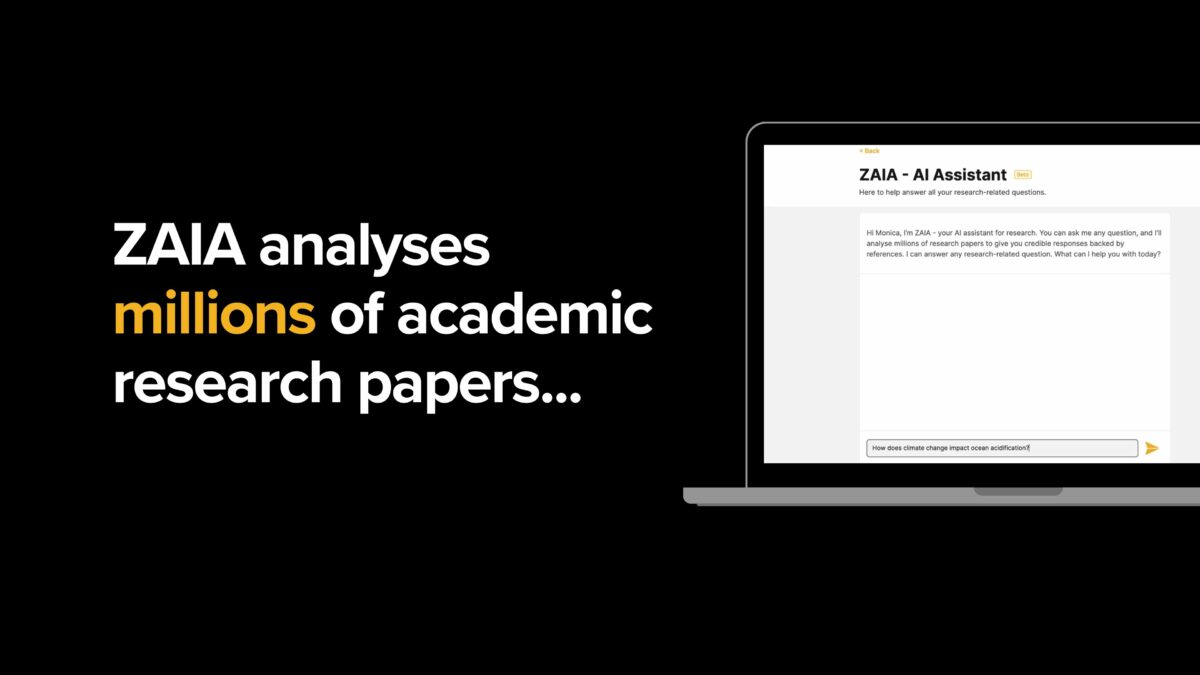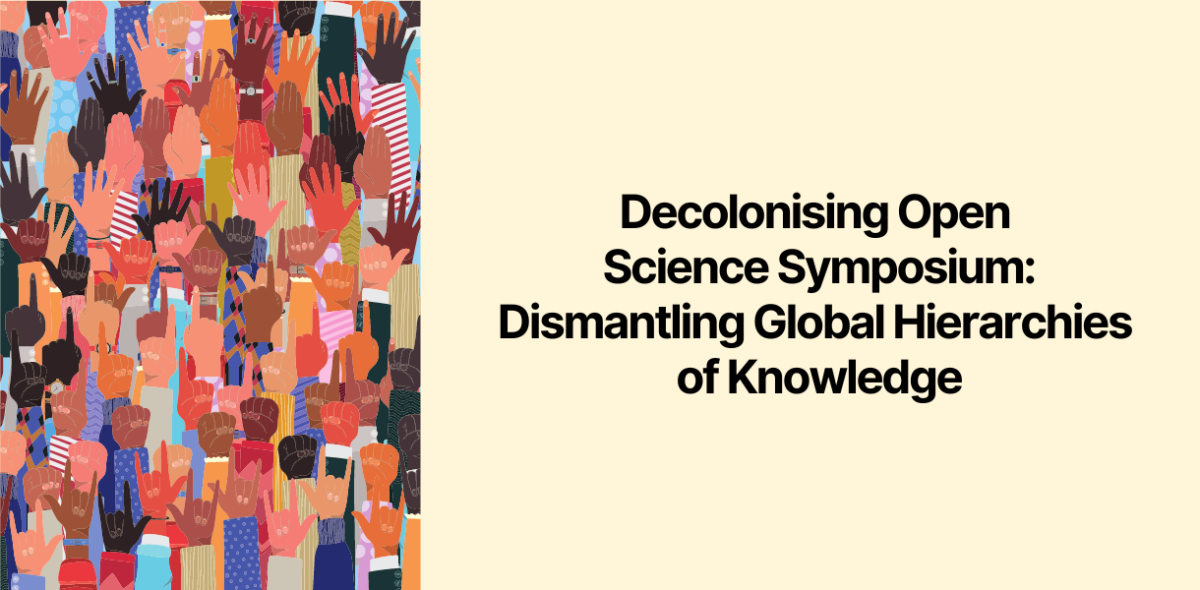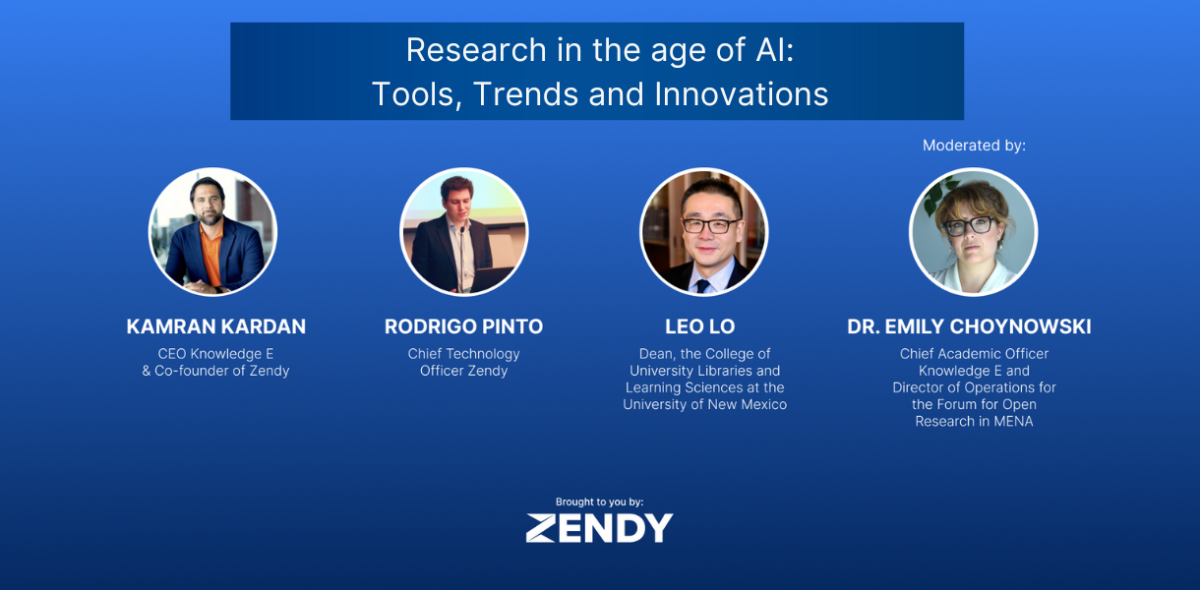
United Arab Emirates, 13th March 2024 – AI-powered research library, Zendy, has announced the launch of a significant version release for its domain-specific Large Language Model (LLM), ZAIA, Zendy AI Assistant.
ZAIA developed by Zendy’s data science team and initially launched in December 2023, is designed to enhance the efficiency and effectiveness of research discovery and literature review. In this new version, a host of new features have been introduced to support researchers:
- Ask ZAIA: You can now ask specific questions to ZAIA on a paper level, providing you with a new way to conduct in-depth analysis during literature review.
- PDF Analysis: ZAIA can now analyse any PDF. You can upload or link a research paper with sections, and ZAIA will extract, analyse, and summarise each section, including the abstract, introduction, methods, results, discussion, and references.
- Reference validation and verification: All references go through a validation and verification process using techniques such as chain of verification to increase accuracy.
- Conversation and analysis history: Once you log in, you can now see a complete history of all conversations with ZAIA and a history of PDFs analysed.
- An enhanced fine-tuned model for greater accuracy.
- ZAIA is also accessible without registration.
ZAIA is NOT a general-purpose language model. It is fine-tuned with Zendy’s own data sources, allowing it to support higher-level abstractions for research-specific use cases.
“ZAIA 0.1 takes us closer to our vision of creating an ecosystem of research-centric AI tools using the latest development methods that increase efficiency and reliability. The future of research is intertwined with the vast capabilities of AI, and we are committed to leveraging the best of AI to provide solutions to the pressing issues researchers face in research discovery,” said Zendy’s Chief Technology Officer, Rodrigo Pinto.
“We have a core focus on increasing collaboration with publishers and data providers to navigate the increasing potential of AI. We look forward to extending the vast capabilities of our LLM and all our learnings to institutions, publishers, and organisations looking to streamline information discovery and retrieval using AI,” said Zendy’s Co-founder, Kamran Kardan.
Committed to helping foster an ecosystem of collaborative partnerships rooted in responsible AI practices, Zendy believes AI is important in fostering an equitable research and publishing ecosystem, but only with ethical guidelines. In response to the growing discussion around AI, Zendy recently released a list of AI imperatives to guide strategic development and the integration of AI technologies.
To find out more about Zendy’s AI solutions, email hello@zendy.io.
You can now use ZAIA on Zendy. Visit www.zendy.io/zaia.
To read the Zendy AI Imperatives statement, click here.
About Zendy
Zendy is a product of Knowledge E. Since its inception in 2019, Zendy has introduced over 770,000 users to a better way to research. Zendy’s intuitive AI-powered research library features millions of journals, articles, e-books, and more, allowing users to access unlimited content for an affordable monthly subscription. Zendy also offers a free open-access plan.
Press contact:
Lisette van Kessel
Head of Marketing


